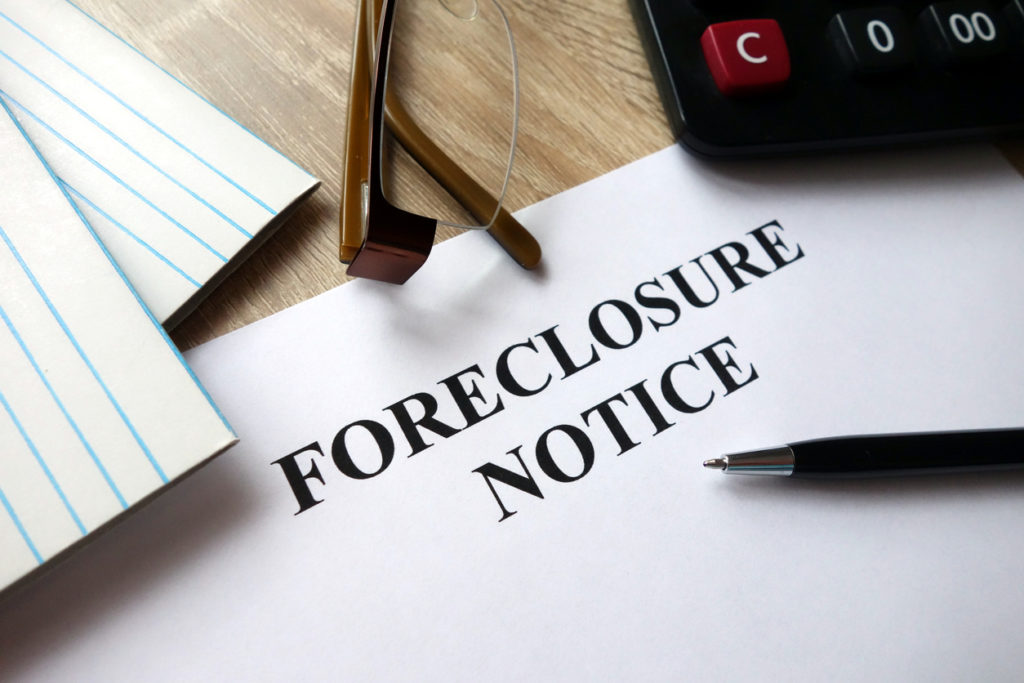So you’ve received notice that the villainous timeshare company—the same set of slimebags that tricked you into overpaying to vacation at the same place every year—has decided to foreclose on your interest in the “property.” Well then. Perhaps you’re thinking this will go the same way as the proceedings might if your bank started to foreclose on your primary residence. But the thing is—it won’t. Particularly in our dear state of Florida—timeshare capital of the world—the powerful timeshare lobby has managed to set up a different set of rules for itself than is required of the more heavily-regulated residential real estate industry.
There are different types of foreclosure. The property regimes areset by statutes written by the legislature. In Florida, residential property must go through a judicial foreclosure. That means that, when a bank wants to foreclose on your home, it must file a lawsuit, and the case will go before a judge. The timeframe for a judicial foreclosure can be three or more months, depending on the backlog of cases on the docket. At court, your attorney can offer defenses and other mitigating factors that may serve as reasons you should not be removed from the deed to the property. The judge may exercise discretion in deciding whether you will lose your property—and all the equity you’ve put into it.
But timeshares—well, that’s a different story. The timeshare lobby got Florida’s legislature to pass sections 721.855 and 721.856 of Title XL—the statute governing timeshare ownership. And these provisions set up a regime of nonjudicial foreclosure in the state. These types of foreclosure are designed to move lightning-fast. Perhaps you just want to be rid of the timeshare and this seems like welcome news. (But just wait until you get your first credit report after the foreclosure goes through!) At least a judicial foreclosure would afford you some time to dispose of the timeshare in a way that might be less injurious to your financial reputation. At least a judicial foreclosure would permit you to put to the judge—who acts as an arbiter of fairness—reasons for your having fallen behind in payments or other mitigating factors. The nonjudicial route just means you get routed.
The People’s Advocate can help you undo some of the damage done by these timeshare owners. Attorney Joe Brien has decades of experience battling for the rights of consumers, and he is ready and willing to take on the timeshare developers on your behalf. Contact us today to make an appointment for a free information session on how you can turn the tide on the jerks who have used every trick in the book to convince you to buy something you really don’t need, and who are now using that property to make your life difficult.
